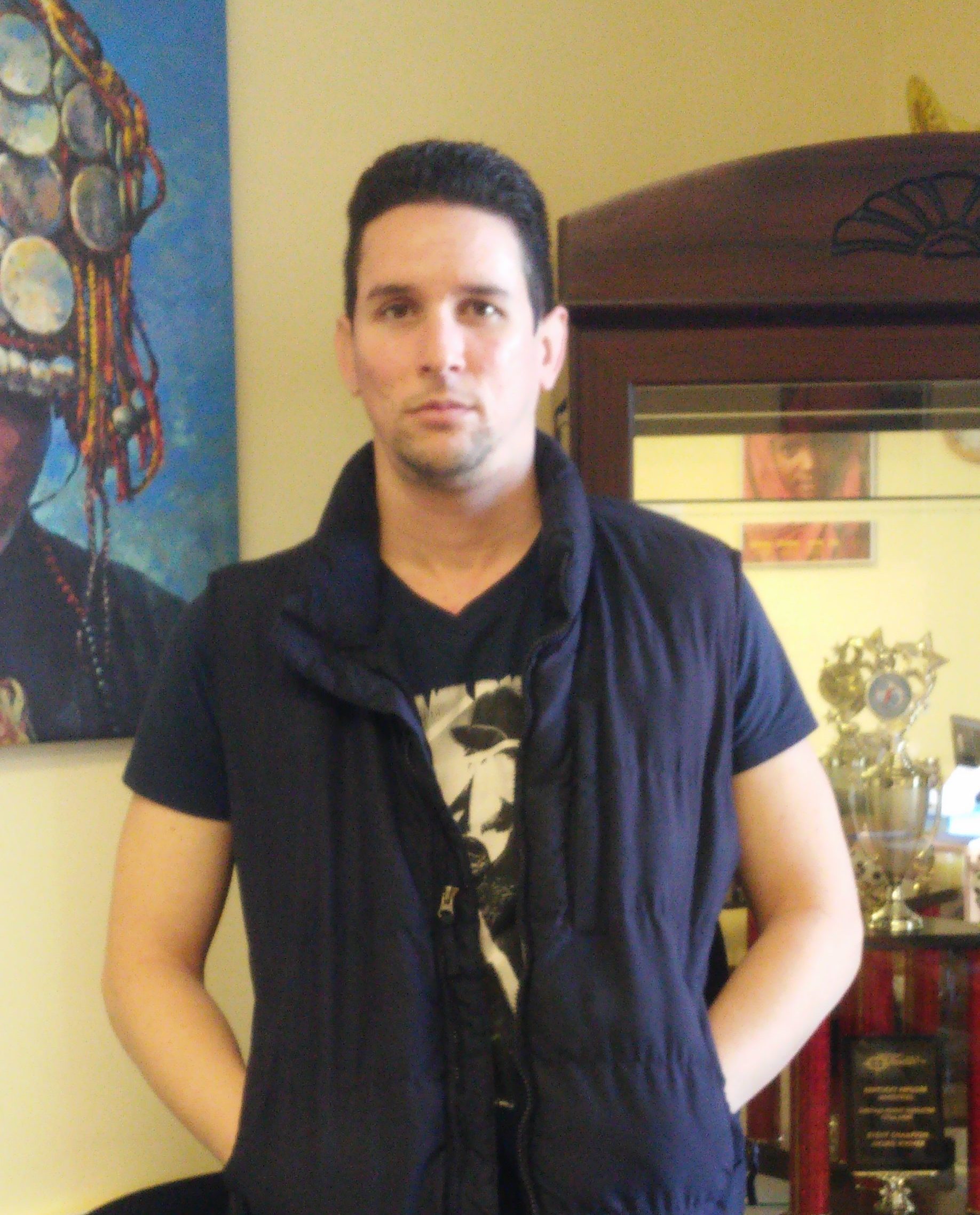I was born in 1986. Cuba was short of all kinds of supplies and the worst was yet to come. Each and every thing we consumed was acquired from the Soviet Union in exchange for some sugar, which, in a fairly inefficient way, was all we got to produce.
By the end of 1991, the Soviet Union was completely dissolved. Worst days of the so-called Cuban Revolution had begun. Our beloved president was too busy during the last decades promoting and supporting revolutions all around the world in order to export what he considered the system that would not only overcome but replace capitalism and had no time to stress with such an irrelevant matter like the economy.
Several events took place in 1994, the Cuban Rafter Crisis being the most remarkable. For the third time in 35 years the government announced that it wouldn’t stand in the way of anyone attempting to leave. More than 35,000 desperate people launched flimsy, homemade rafts towards the United States, hoping to take advantage of a law which they wouldn’t want to exist in the first place.
I was as happy as the innocence of an eight-year-old boy allows him to be. I didn’t have to worry like my mother about next day’s food. I enjoyed school, repeating communist slogans and worshiping heroes that eventually wouldn’t be such.
In 2007 I started college. It changed everything. Things would never be the same. I understood that I was living in a country condemned to failure, a country where nobody wanted to live in. Our health care and educational system, the only two things our government bragged about, were a complete disaster. A country where creativity and development were not stimulated and promoted but condemned. It doesn’t matter how hard you work, you ain’t going anywhere. I didn’t want to spend my whole life, just like my parents did, waiting for a better future that I knew would never come. A country where only one thing was extremely efficient and worked like a charm: repression.
I was more than lucky. After graduating, I was sent to work in a place where I had the chance to do what I was formed to. I was earning 12 dollars per month, we had an internet connection, and I joined the small group of two coworkers who worked as freelancers. It was hard to believe that someone was paying me what I considered so much money for doing something that I enjoyed so much that it wasn’t work for me but fun.
From January of 2013 on, the special permission required to get out of the island was no longer needed. We all wondered about what was going to happen. I couldn’t imagine that I would not only answer myself that question, but live it.
Unstable country, uncertain and unpredictable future. The internet connection was going to disappear, my two years of social service were about to finish, I was free to decide. I did what most of those with the money and information did– got my passport, bought a plane ticket and landed, in my case, in a South American country with a language and culture completely different. It was the starting point of a long journey through eight countries until the United States. There was no doubt– that wasn’t for me– I was convinced that I would never do it since it was too dangerous. It’s amazing how people change. Months later my journey begun. Speed boat, car, motorcycle, airplane, bus, a raft to cross a river. Those were the means of transportation. In the dawn of October 19, 2015, I arrived to the United States.
Almost four months later I am still looking back and trying to accustom to the idea of being in the country I heard so much in my life, the country where so many Cubans died attempting to arrive.
I have been through many things since that October of 2014 when I left behind my family, my country and my friends. Sometimes I wonder if it was worth it. The first answer is yes, it was, but something I have learnt, today’s decision can only be judged years later. Time has the last word.
Eduardo Gonzales is an experienced software developer with a Bachelor of Science in Informatics Engineering from University of Holguín. He is working towards obtaining an equivalency certificate to allow him to work in his field in the United States. Soon, he hopes to receive his employment authorization documents and begin employment.
